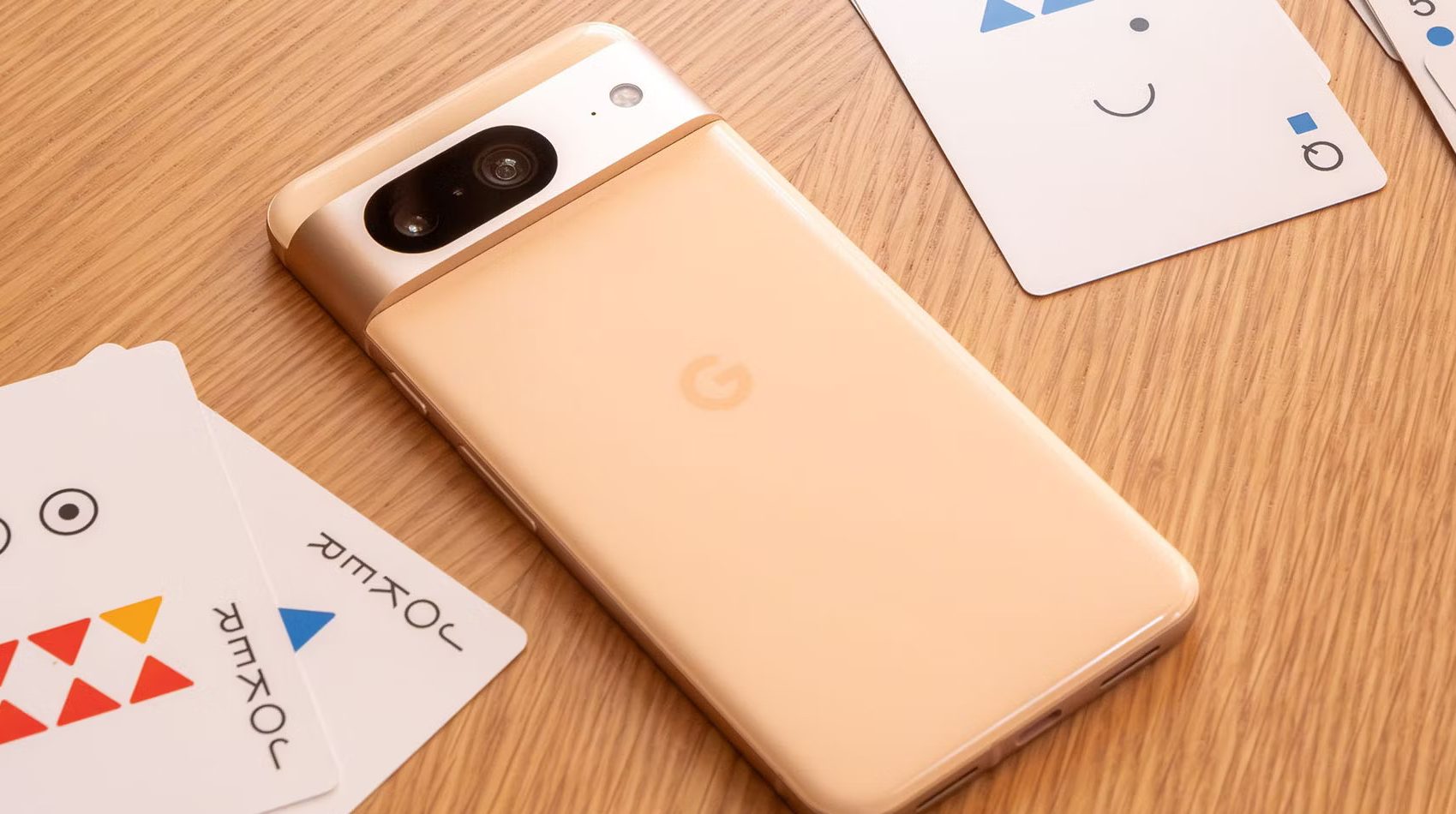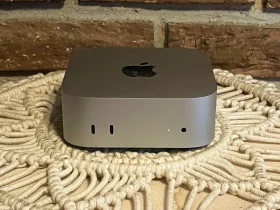Google’s upcoming Pixel 9 phones, expected to debut in a few weeks, will launch with Android 14 instead of the anticipated Android 15. This marks the first time a new Pixel phone will not ship with a new version of Android. The update to Android 15 is expected to follow post-launch, aligning the Pixel 9 as one of the first devices to receive it once it becomes available.
The Pixel 9 is promised to receive seven years of updates, potentially concluding in 2031. This raises questions about whether the phone will be left just short of receiving the latest Android version available at that time.
Google’s and Samsung’s current commitment to seven years of support is significant, though neither has supported a device for that duration so far. If Google’s promises hold, the Pixel 9’s lifecycle will end in August 2031.

Historically, Google has released new phones and major Android updates around the same time each year, typically between August and October. However, if Google maintains its current release schedule, the Pixel 9 might miss out on the 2031 Android update by a narrow margin. Exceptions have been rare, with only Android 9 Pie released earlier in August 2018.
Should this scenario unfold, there is hope that Google might extend an extra update to the Pixel 9 series, even if it falls outside the promised update window. While few consumers make purchasing decisions based on long-term software updates, exceeding the promised support would be a notable pro-consumer move.
The relevance of this issue is still distant, with decisions likely to be made by a different team at Google in the future. Nonetheless, the possibility of extending updates reflects the significant improvements in Android support compared to a few years ago. Google’s detailed announcement of the Pixel 9 series at the August 13 event should clarify the Android 14/15 situation.






Leave a Reply